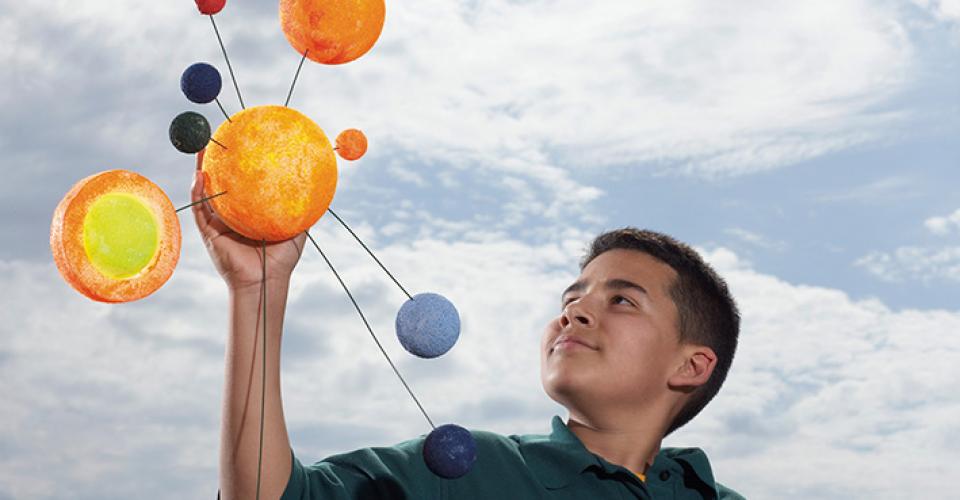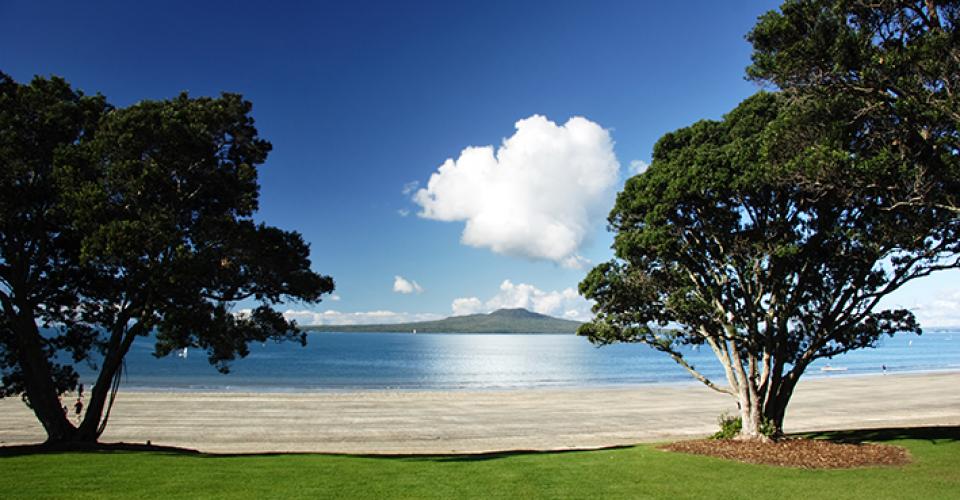Crowdsourcing innovation for conservation
21/09/2015From the garden shed to the research lab, entries for the WWF Conservation Innovation Awards can be submitted this year via a new crowdsourcing website.
 What will be the ‘next big thing’ in environmental protection? The search is on for new ideas that will enhance our nation’s conservation efforts.
What will be the ‘next big thing’ in environmental protection? The search is on for new ideas that will enhance our nation’s conservation efforts.
The World Wildlife Fund (WWF) Conservation Innovation Awards are open for a second year and run until Friday 2 October 2015.
Entries opened on 7 September and close on 2 October 2015. The winners will be announced at a ceremony in Wellington on 5 November, to mark Conservation Week.
Kiwi innovators from all walks of life are encouraged to apply their creativity and come up with new tools and concepts to aid the work of frontline conservation volunteers throughout the country.
Designed to help innovators fast-track their ideas to development, the awards fall into three categories – product, community project and research – and offer $25,000 prize money to each category winner.
Entry this year is via a new crowdsourcing website. To take advantage of this, entrants need to submit their ideas online as soon as they can.
Awards coordinator Lee Barry says entries are posted onto the crowdsourcing platform and registered site users then comment and provide feedback on the ideas. Entrants can then take these comments on board and refine their submissions.
“The power of the crowd is gaining momentum and for the Conservation Innovation Awards this collective approach means that ideas for furthering conservation work, which will ultimately benefit all New Zealanders, can be fine-tuned to their full potential.”
Entries will be judged by an independent panel which will look for entries that have practical application and clear benefit for grassroots conservation groups. Judges include Silicon Valley entrepreneur Matthew Monahan and conservation visionary Devon McLean.
Last year’s award-winning ideas included Trap Minder, a mobile phone predator alert; Cat Tracker, a research tool enabling owners to monitor their pets’ behaviour and impact on wildlife; and Energise Otaki, a community-wide initiative to reduce the town’s emissions and promote renewable energy.
The four judges are Devon McLean, director of Project Janszoon; Shane Inder, programme leader of industrial design at AUT; Matthew Monahan, Silicon Valley entrepreneur and Kiwi Connect co-creator; Justine Daw, general manager partnerships at Landcare Research.
Information on how to apply and judging criteria is available WWF.

























Post your comment
Comments
No one has commented on this page yet.
RSS feed for comments on this page | RSS feed for all comments